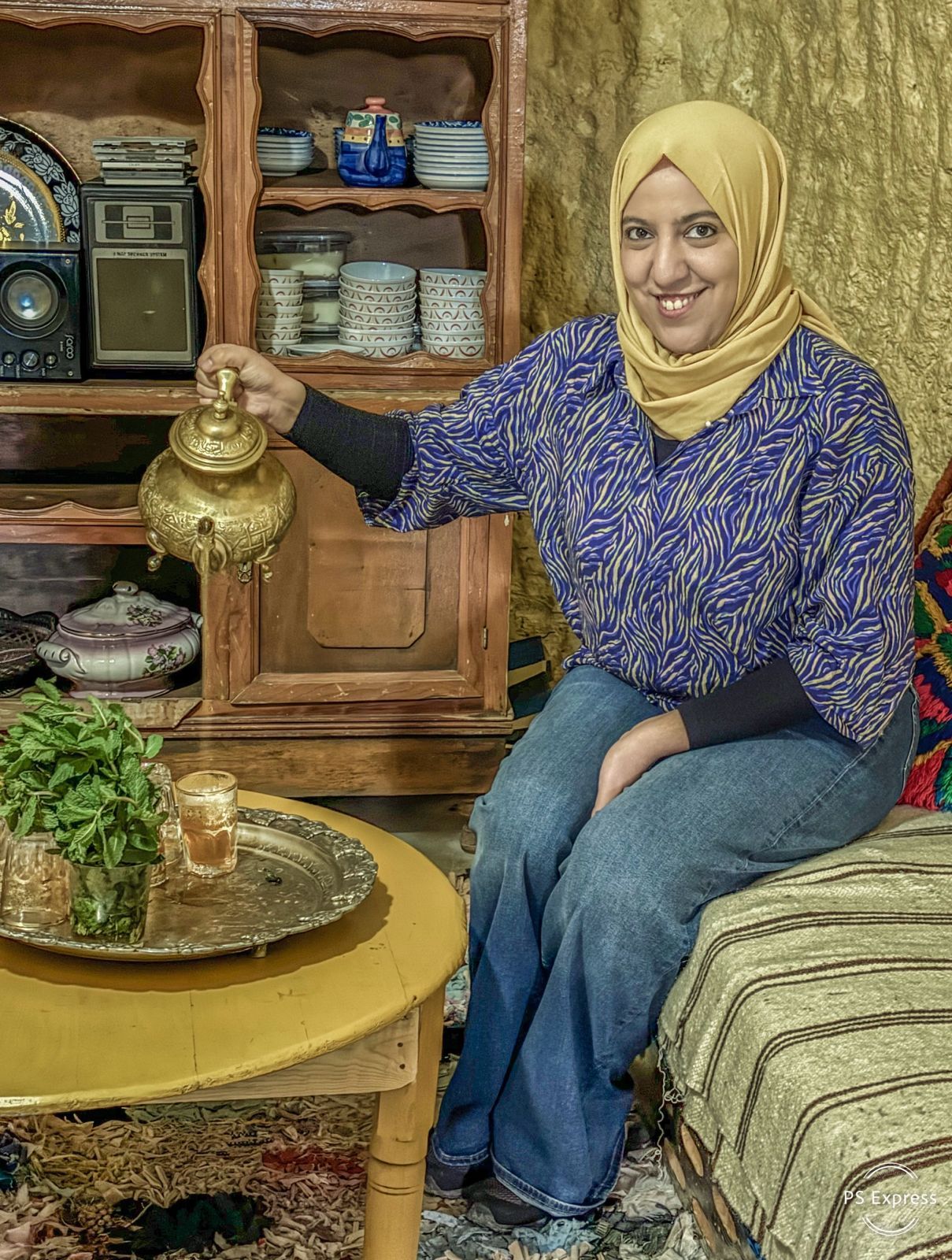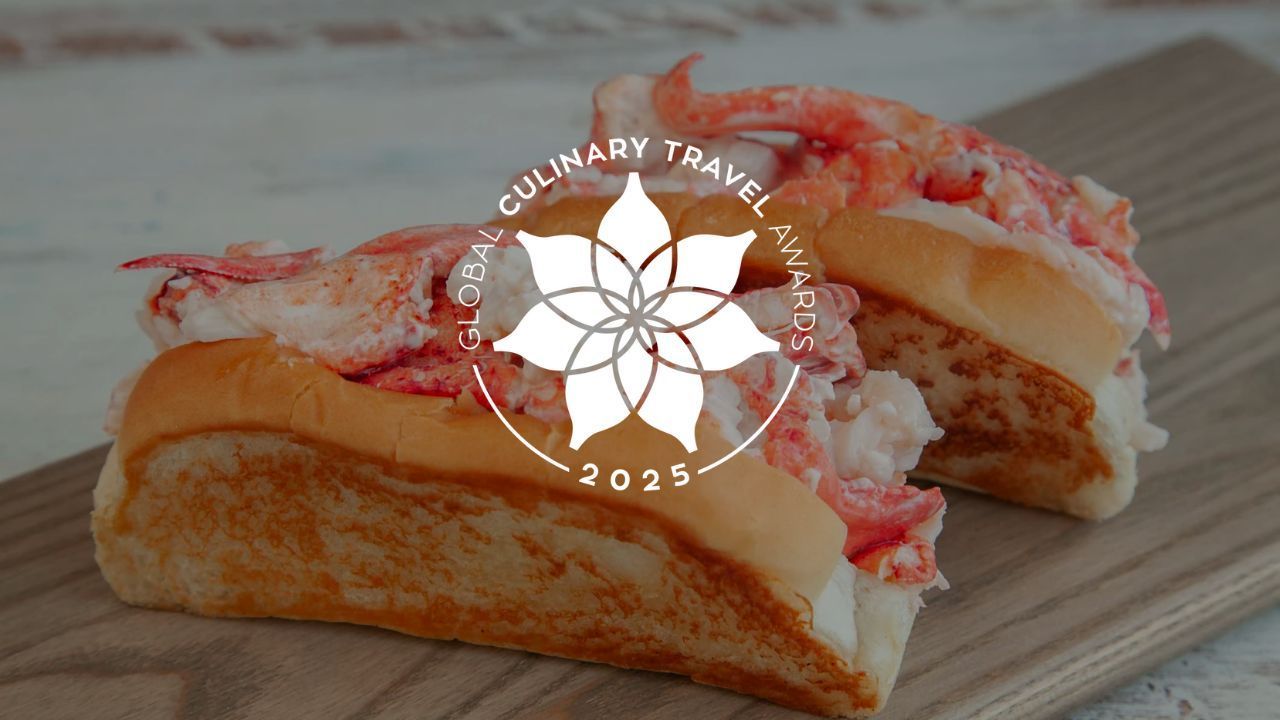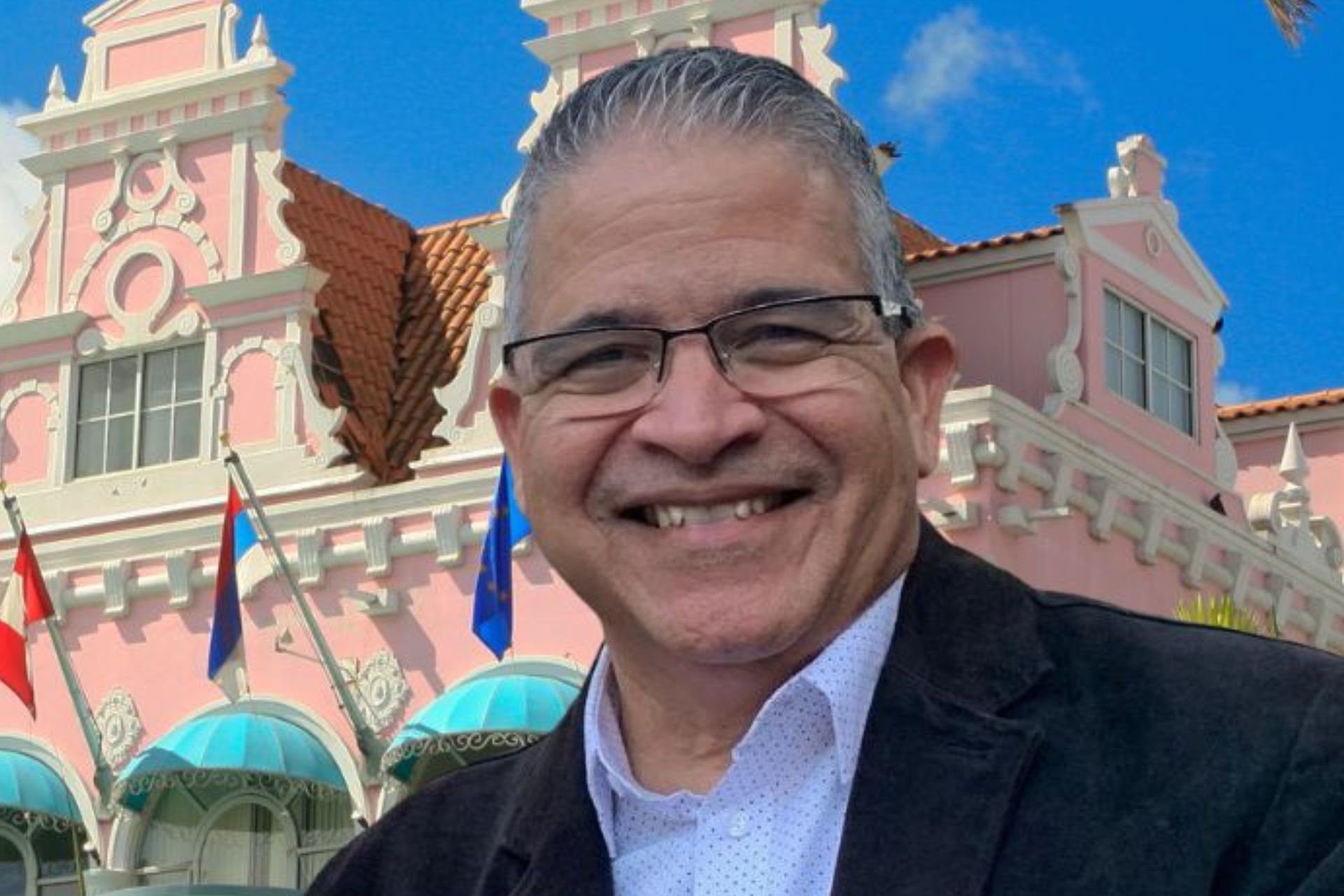Colombia as a future gastronomic tourism powerhouse [Part 1]
Written by María Fernanda Cárdenas
I recently started reading a book by gastronomic writer and anthropologist Juliana Duque Mahecha who narrated the following words, “The gluttonous eyes of the world begin to look towards this territory named Colombia”. This statement could be supported by the new appointment of the best chef in the world, the Colombian Leonor Espinosa, by The World’s 50 Best ranking. And the list goes on, the city of Medellin was chosen as the third best city in the world to visit according to Time Out magazine, preceded by Edinburgh and Chicago. Juliana’s words are a reality, Colombia begins to take giant steps in the gastronomic tourism world.
We are talking about the second most biodiverse country in the world, as stated by the 2017 National Geographic magazine: “if the biodiversity of the planet were a country, it would be called Colombia”. And this, to the fortune of the world, translates into gastronomic terms, culinary richness and an unimaginable pantry yet to be discovered and exploited. Colombia is a territory framed by the deep and humid coasts of the Pacific, mixed with the immensity of the eastern plains, transforming into the unknown richness of the Amazon, which in turn contrasts with the intense cold of the mountain ranges and the musical flavor of the Caribbean. Does Colombia have the viability to become the next gastronomic tourism power?
In tourism figures, according to Colombia’s National Administrative Department of Statistics, in the first quarter of 2022 the hotel and restaurant sector grew by 31 % compared to the same period last year and by 32.6 % compared to the first quarter of 2019. The positive numbers continue to grow, from their part, the Colombian Association of Travel and Tourism Agencies (ANATO) reported that the volume of foreign tourists increased four times the figures of 2021.
It is clear that the tourism potential of a destination depends on the ability to join forces between the public and private sectors. In the case of Colombia, the government has set itself the task of researching and promoting different projects and ways to boost the sector through programs such as “Colombia a la mesa” of the Ministry of Industry and Tourism and FONTUR (national tourism fund). This initiative has launched relevant projects for the economic, social, touristic and gastronomic growth of the country, such as the Network of Gastronomic Events of Colombia, which today has 76 events in different cities of the country throughout the year. This network includes distinguished proposals such as the Festival del Frito Cartagenero, the Gastronomic Congress of Popayán, Alimentarte Gastronomic Forum, Gastrodiversa in Pasto and the Sabor Barranquilla Fair. All this contributes to the formation of a gastronomic tourism scenario of increasing relevance.
Another good sign is that the ancestral gastronomic heritage is beginning to be protected by Colombian laws. This is confirmed by Law 2158 of November 2021, better known as the Viche Law, which aims to recognize, promote and protect Viche/Biche and its derivatives. It is an ancestral beverage distilled from sugar cane, typical of the Afro communities of the Colombian Pacific. This law legitimizes the drink and allows the industry to grow, generating social and economic value, in addition to contributing to the tourism and gastronomic heritage of the country.
With gastronomy on the national discussion table, it is necessary to define specific preparations to promote and position gastronomic tourism in the country. These should take into account visual factors, popularity, identity, feasibility of adapting to other regions and capacity to adapt to packaging suitable for travel. In this case, I could name the products that, according to Colombia’s current gastronomic offering and its popularity, have the greatest potential: coffee, cacao, arepas and fruits.
It is clear that Colombia is rapidly advancing on the path of culinary tourism, but what is the role and potential of its most popular culinary elements? Next week we’ll find out more.











